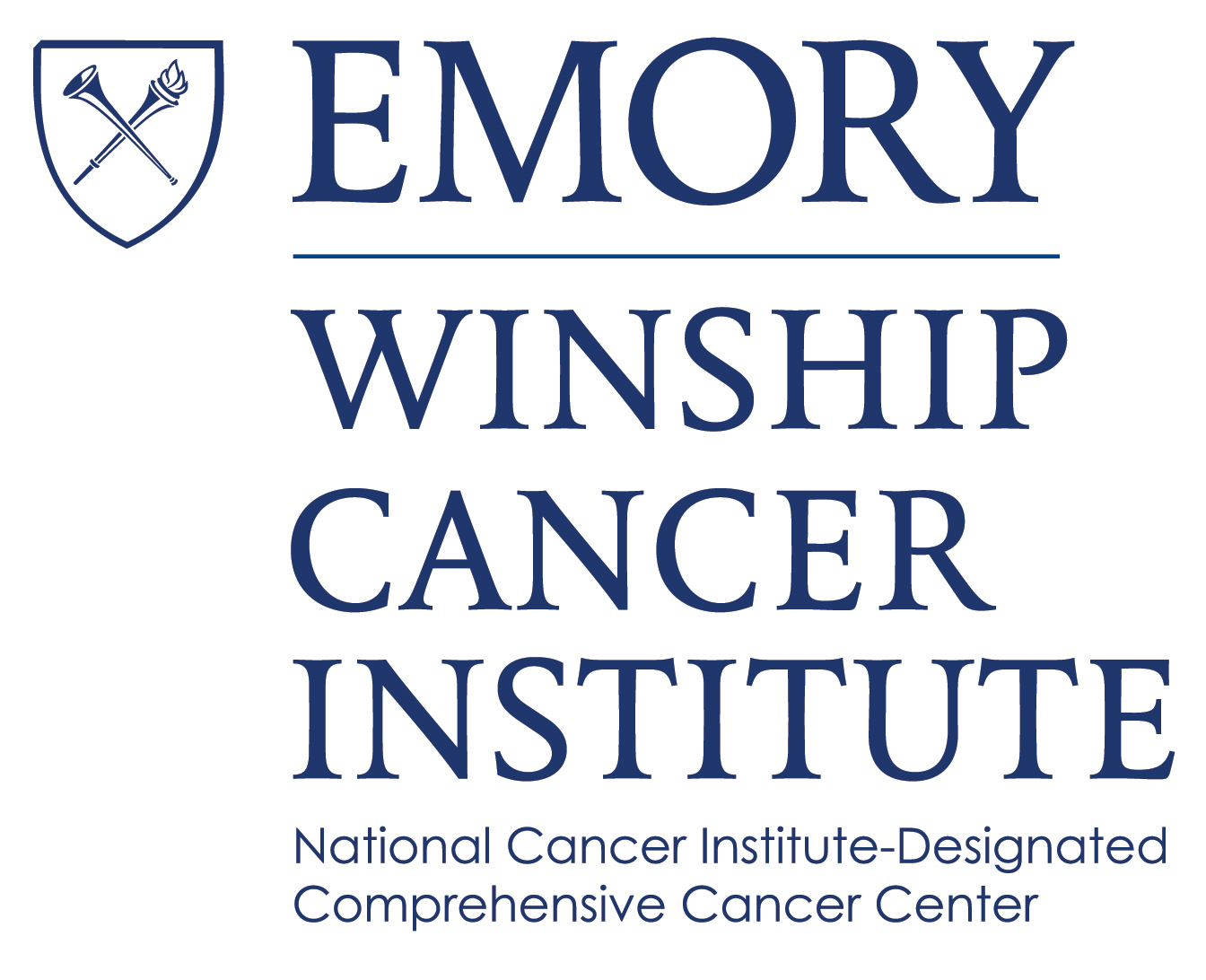- Advertise
- About OncLive
- Editorial Board
- MJH Life Sciences brands
- Contact Us
- Privacy
- Terms & Conditions
- Do Not Sell My Information
2 Clarke Drive
Suite 100
Cranbury, NJ 08512
© 2025 MJH Life Sciences™ and OncLive - Clinical Oncology News, Cancer Expert Insights. All rights reserved.
Dr. Ramalingam on the Potential of HER2 as a Driver Mutation in NSCLC
Suresh S. Ramalingam, MD, FASCO, discusses the potential of HER2 as a driver mutation in non–small cell lung cancer.
Suresh S. Ramalingam, MD, FASCO, deputy director, director, Lung Cancer Program, Winship Cancer Institute of Emory University, professor, assistant dean, Roberto C. Goizueta Distinguished Chair for Cancer Research, director, Division of Medical Oncology, Department of Hematology and Medical Oncology, Emory University School of Medicine, discusses the potential of HER2 as a driver mutation in non–small cell lung cancer (NSCLC).
The positive effect of targeted therapies in lung cancer has become more evident with multiple FDA approvals, Ramalingam says. Moreover, 7 molecular targets in lung adenocarcinoma now have matched FDA-approved therapies that can be utilized to further personalize therapy to individual patients, explains Ramalingam. Taken collectively, data with these agents have shown response rates from 50% to 80% and median progression-free survivals ranging from 10 months to 25 months. Additionally, targeted therapies are mostly well tolerated among patients, Ramalingam says.
As such, identifying novel targets for which no targeted therapies are currently available is a significant research effort in this space, Ramalingam explains. Around 1% to 2% of patients with lung adenocarcinoma harbor HER2 mutations. However, as no targeted therapies are currently FDA approved for this subset, HER2 is a marker of clinical relevance and is being evaluated as a potential target in clinical trials, concludes Ramalingam.


